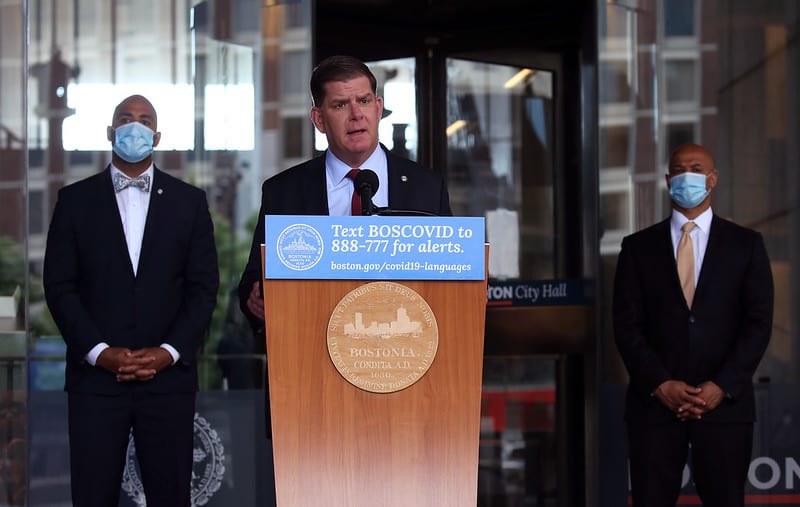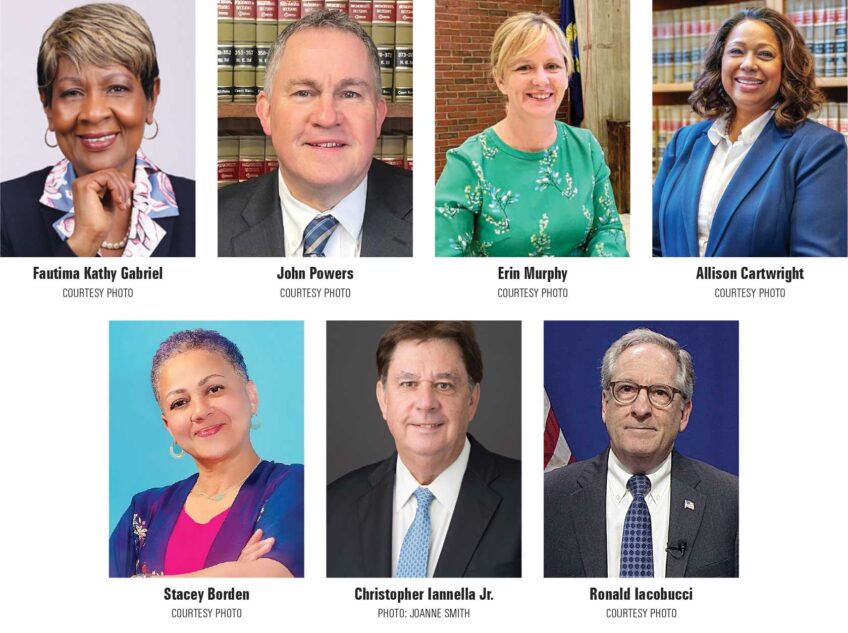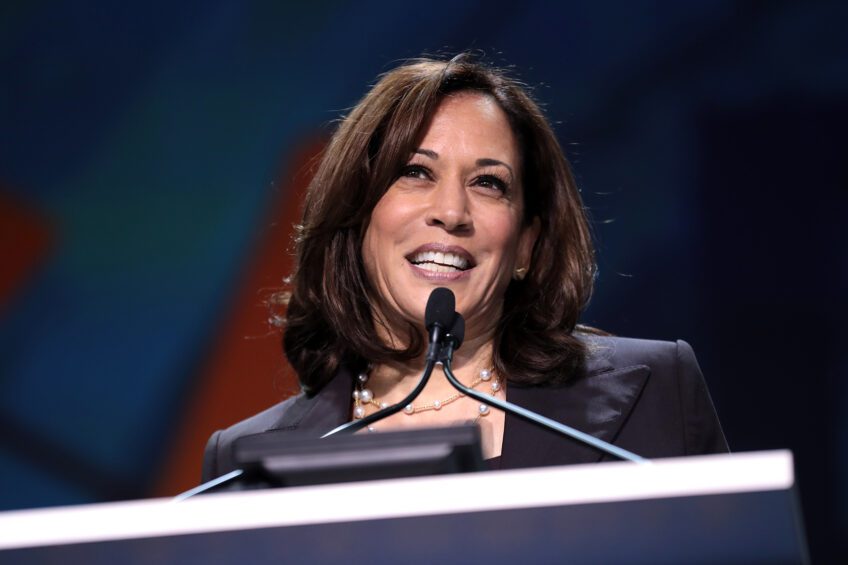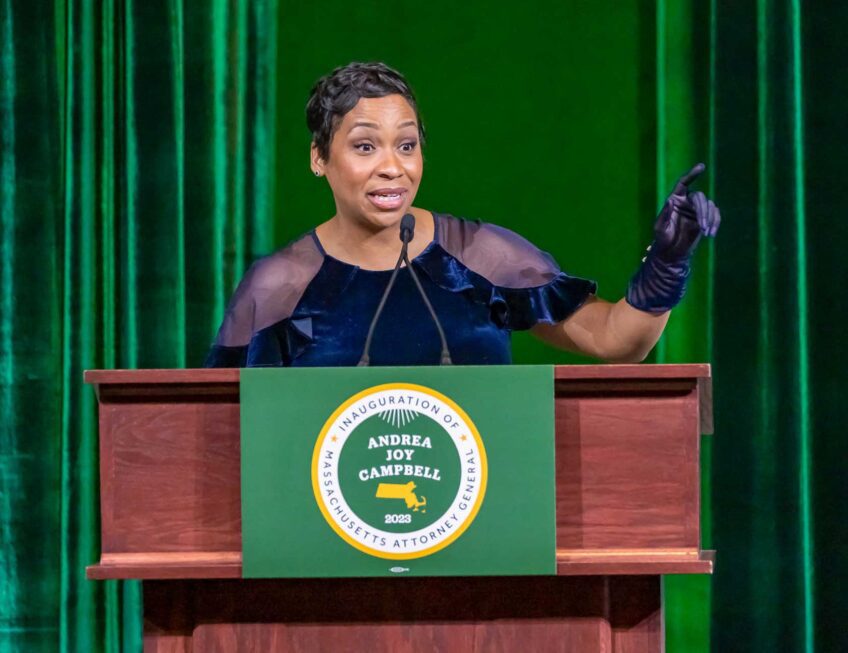Is Walsh’s response to Boston’s racial inequities enough?
Activists, councilors of color pressing for far-reaching reforms

Last week, Mayor Martin Walsh rolled out a new racial equity cabinet position, a racial equity fund aimed at supporting businesses and nonprofits in communities of color, and an amendment to the city’s zoning code that would require that the city take fair housing laws into account as part of its development review process.
The announcements are part of a wave of reforms the Walsh administration is advancing in the midst of widespread civil unrest stemming from high-profile police killings of Black people across the nation. The demonstrations and growing public outrage at police abuse of Blacks and the inequities baked into the criminal justice system are driving a push for reforms at the local, state and national level.
In the current moment of reckoning on race issues some see a window opening for progressive police reforms and broader reforms aimed at advancing racial equity.
“This moment in public consciousness, born out of tragedy, presents a rare opportunity to accomplish serious changes in public policy,” said state Sen. Sonia Chang-Diaz, who is leading a bipartisan senate advisory group on racial justice.
The push for police reforms is happening across the U.S. A Reuters/Ipsos poll released June 11 found that a majority of Americans, including a majority of Republicans, support police reforms, including mandatory use of body cameras, bans on chokeholds and bans on racial profiling.
A Suffolk University poll of Massachusetts residents echoed the findings of the national poll, including support for policies transferring funding from police departments to local programs for social services.
In Boston, however, an effort to defund the police department hit a wall, with a coalition of activists and a bloc of city councilors of color supporting a 10% overall reduction in the proposed $414 million police department budget and all of the whites on the city council supporting Walsh’s more modest 2.4% reduction in police funding — taken only from the overtime budget.
The move angered youth activists fighting for police reform.
“I think he’s gaslighting us,” said Vikiana Petit-Homme, an organizer with the group For the People. “It was just $12 million of the overtime budget, which they’re free to overspend anyway. It was performative, to get the media off his back.”
The police department budget is the second largest item in the city’s budget, after the Boston Public Schools, and for years has been insulated against budget cuts.
A Boston Globe analysis found that the average pay for Police Department employees, including civilians, is $127,094, including nearly $30,000 in overtime pay. While Walsh earns $199,000 a year, more than a quarter of the department’s 2,015 officers earn more than the mayor. One lieutenant racked up $355,538, including $115,361 in overtime pay, in 2019, despite being investigated over the years for numerous payroll abuses.
The council’s budget vote Wednesday exposed fault lines between the city’s white elected officials on one side and elected officials of color and police reform activists on the other.
Those opposed to the mayor’s budget have been pushing for fundamental reforms to the police department over the six years since the Black Lives Matter movement emerged. In view of the more radical demands coming from activists and black and Latino city councilors, many of Walsh’s proposals appear as half-measures that generate headlines but often leave substantive reforms off the table.
The Reuters/Ipsos poll found that a majority of Americans support independent civilian review boards, yet Walsh has consistently opposed calls for such a measure, including such a demand backed by the majority of the City Council. Instead, Walsh announced he would convene a board to strengthen the existing Civilian Ombudsman Oversight Panel (CO-OP), which reviews investigations of misconduct conducted by the Boston Police Department but cannot conduct its own investigations.
CO-OP members themselves in 2015 recommended that Walsh create an independent civilian review board. While Walsh in 2017 said he would increase the number of people on the board, by last year, after one member joined the board of a cannabis business, it dwindled to one member.
Other reforms activists have pushed for with little success include dismantling the controversial gang database, ending collaboration with the federal Department of Immigration and Customs Enforcement, and increasing the number of officers and supervisors of color in the police department.
Some of Walsh’s broader changes aimed at increasing racial equity in Boston may sound familiar. His declaration of racism as a public health emergency earlier this month was an idea advanced by City Councilor Ricardo Arroyo in March. The fair housing zoning amendment Walsh advanced last week was proposed in April of last year by Councilor Lydia Edwards.
In the current atmosphere of near-daily protests and heightened sensitivity toward racial inequality, those ideas appear to have more currency in City Hall than they did even three months ago.
Walsh’s latest announcement last Friday of an equity and inclusion cabinet position harkens back to 2015, when he created the first-ever chief diversity officer position. Two years later, when the NAACP Boston Branch reviewed the Walsh administration for equity and inclusion, the organization issued the city a “C” grade for staffing diversity and questioned whether the diversity officer had set clear goals or made measurable progress.
In another Walsh administration initiative that mirrors existing efforts, during last Friday’s press briefing, Walsh also announced the Boston Racial Equity Fund, aimed at investing in nonprofits that empower Black and brown residents. Walsh set an initial goal of raising $10 million. While Walsh’s announcement came first, a group of 20 black executives went public over the weekend with a New Commonwealth Racial Equity and Social Justice Fund, which has already raised $20 million to support local nonprofits.
Segun Idowu, who leads the Boston Economic Council of Massachusetts (BECMA), said the announcement of Walsh’s initiative appeared to undercut the black executives’ announcement.
“The mayor said two weeks ago that Boston would be a leader in fighting racism and that we should listen to black people, and then he did the opposite,” he told the Banner.
City Council President Kim Janey, who sent Walsh a list of reforms signed by eight of her colleagues as well as members of the Black and Latino Legislative Caucus and local civil rights groups, said she remains hopeful the city will continue to make progress on issues of racial equity.
“This is a big agenda and it’s important that we keep applying pressure, that we continue to work with the community and with the mayor,” she said. “If the mayor is saying Boston will be a leader on race, great. I want to see that.”







